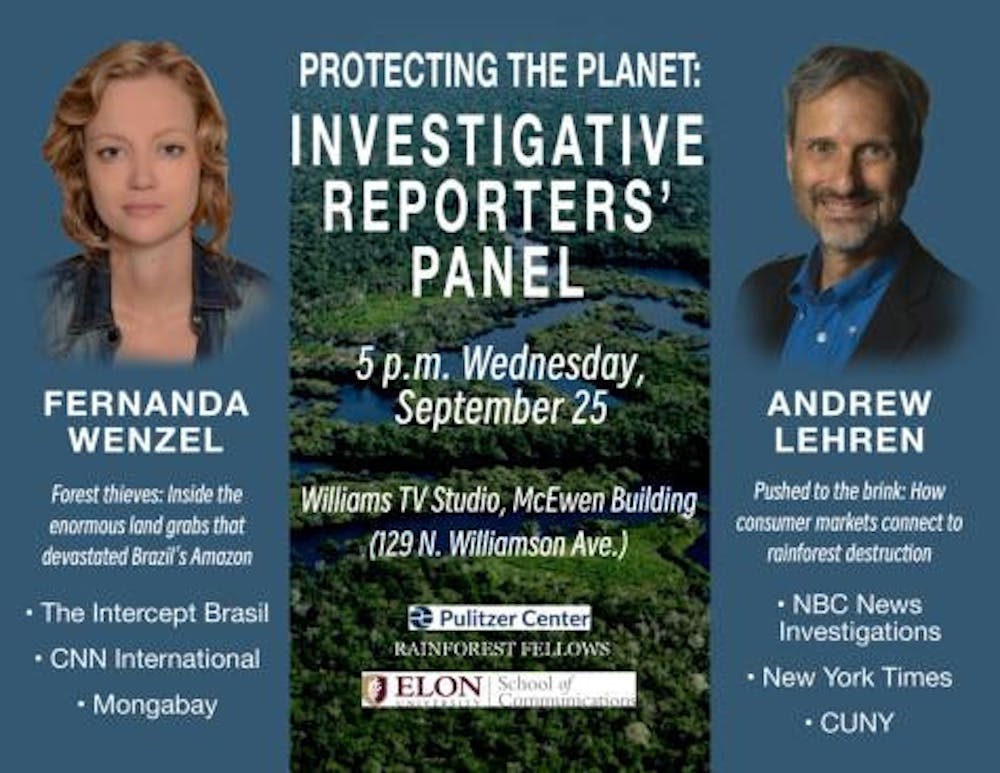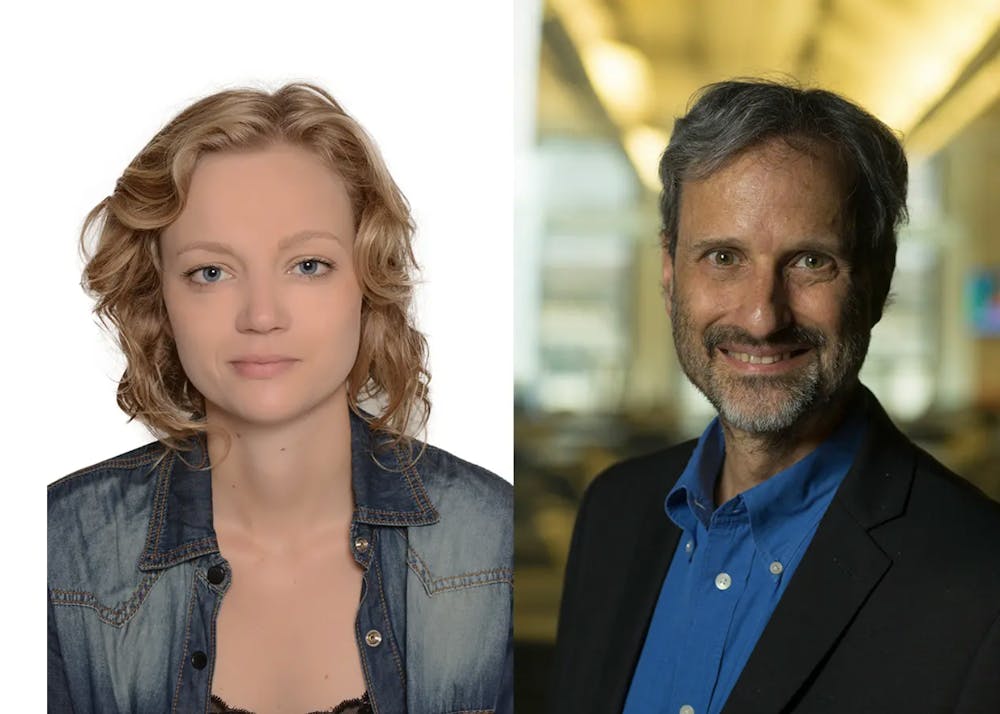In New York, 4,000 miles north of the Amazon, Andrew Lehren, a Pulitzer Prize and Emmy-winning journalist for the New York Times and NBC News Investigations, wanted to find a new way to connect U.S. readers to global deforestation issues.
His team started sorting through supply chains to understand how various goods associated with producing electric vehicle batteries moved worldwide, focusing on an overlooked metal: nickel.
Through collaboration with Filipino journalist Karol Ilagan, Lehren could track how the nickel mined in the Philippines eventually became batteries in Teslas and Toyotas — and see the environmental damage it caused.
Brazilian journalist Fernanda Wenzel investigated what she refers to as ‘professional land grabbing’ in the Amazon Rainforest. She uncovered how individuals were buying and selling parts of the designated nonpublic land use sections of the Amazon for large profits, destroying the land to build things like roads.
As part of Elon’s partnership with the Pulitzer Campus Consortium, Pulitzer Rainforest Investigations Network Fellows Lehren and Wenzel will visit campus from Sept. 24 to 26 to discuss the impact of investigative journalism.
During their time on campus, Wenzel and Lehren will talk with various classes, students and professors. They will also participate in a discussion panel Sept. 25 about the impact of their line of work. The panel will occur at 5 p.m. in the Jane and Brian Williams Studio in the McEwen Communications Building.

Wenzel said she first became interested in reporting about Amazon after visiting it for the first time in 2018 and falling in love.
“I realized how great this place was,” Wenzel said. “Then I realized that I had to learn more about the Amazon and that I wanted to report about the Amazon, and then it just came naturally. I started doing some stories for environmental news websites here from Brazil, and I got more and more interested. I start going to the Amazon to do few reporting. And then it was just no way back anymore, because I really love it, and I keep doing it until today.”
Wenzel utilized data journalism to track the purchasing of Amazon land and find the largest polygon or mapped area of deforestation. Wenzel said destroying large amounts of the rainforest costs a lot of money, so she followed the numbers.
“I knew that for that amount of land, these guys had to use a lot of money to do that,” Wenzel said. “So that was my starting point, the first thing I did was to look in the data, the public data that we have in Brazil on deforestation, to find the largest polygon.”
In 2021, Lehren collaborated with the Pulitzer Center and two other journalists to investigate a fabric called viscose rayon. He and his team uncovered that this widely considered eco-friendly fabric was connected to massive amounts of deforestation in Indonesia.
Lehren used that story to highlight what he said is one of the most rewarding parts of investigative work: when the long hours and months spent on a story pay off by positively impacting the world.
“The story led to changes in Indonesian law,” Lehren said. “You never know what effect you're going to have when you do these stories. So again, they're long and arduous. They take time. But if you can highlight a problem that's global, that people have not picked up on before, that's terribly rewarding to do.”
Lehren and Wenzel’s investigative pieces are still impacting the world today. A few months ago, in June 2024, Brazilian police raided the Amazon, arresting individuals in connection to land-grabbing and timber laundry crimes. The very same people that Wenzel exposed through her investigative reporting.
Wenzel said that when faced with an idea, she encourages people to start because they never know what their work might lead to.
“My advice would be, just do it, start doing it, it's not as difficult as it seems,” Wenzel said. “Just be curious. If you're interested in some story, just go after it, start talking with people, and things may work out.”
Lehren said as he prepares to arrive on campus, he looks forward to seeing the university one of his good friends, Elon class of ’86 graduate Jo Craven McGinty, attended. After her time at Elon, McGinty became part of two Pulitzer-winning teams and is currently the Wall Street Journal science bureau chief. Above all else, though, Lehren said he is excited to interact and get to know the students.
“I look forward to seeing the campus where all this kind of good work happens and getting to meet the students,” Lehren said. “In particular, getting to meet the students, that's what it's about.”
This is Wenzel's first time traveling to an overseas university to speak to its students. She said that she looks forward to learning about the students' experiences studying journalism at an American university and is excited to talk to them about the questions they have for her.


